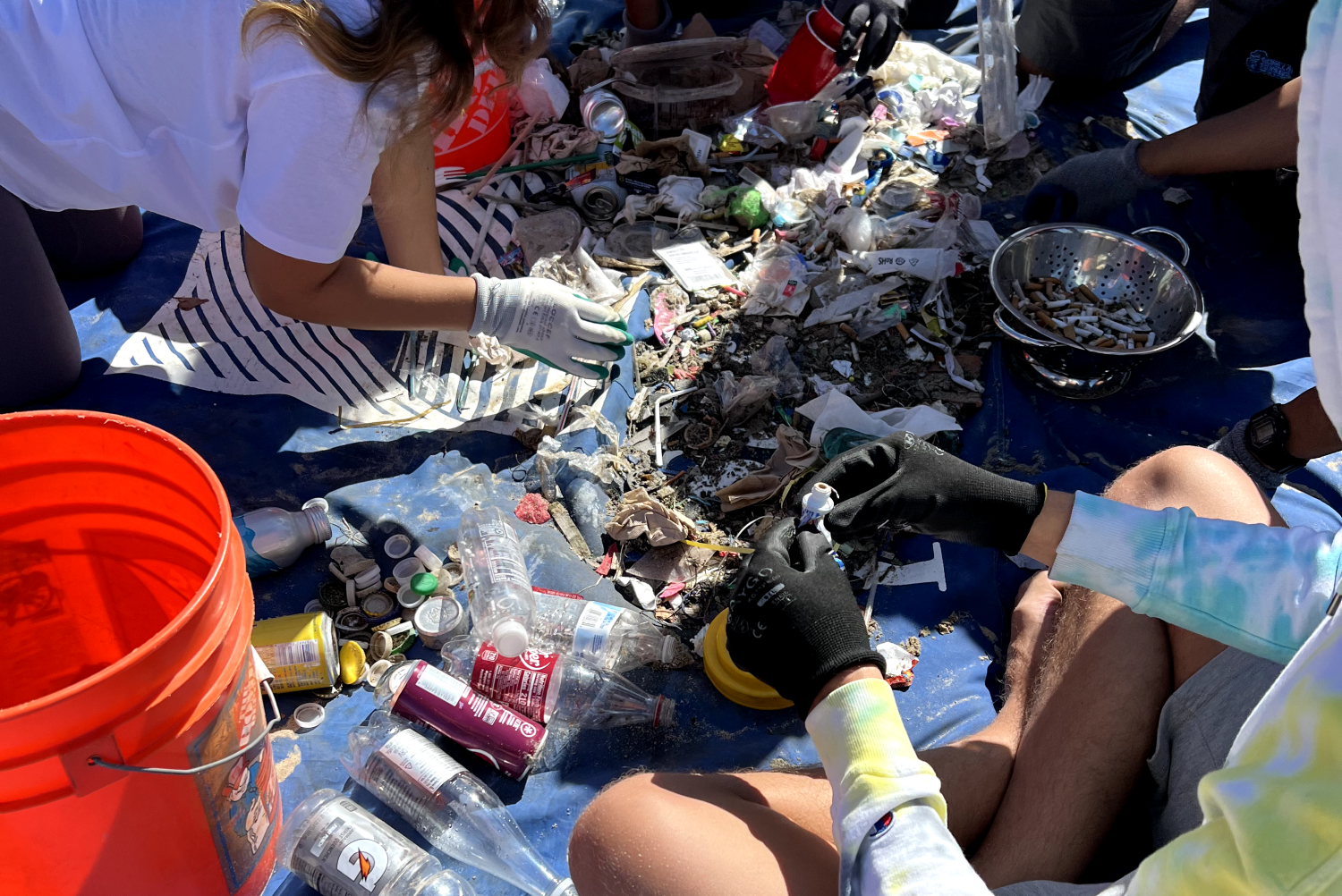Four Common Things You Wouldn’t Believe Contain Plastic
There’s Plastic in WHAT?
We may not think about it much but plastic is everywhere. It’s in our homes, our cars, our offices, and it’s even in our food. Yup, that’s right, our food! While plastic can have its uses, only certain plastics are recyclable and the ones that aren’t end up in our landfills for eons.

But the use of plastic and its recyclability are topics for another day—I think you know how we feel about the ubiquitous material since we don’t use any in our products, ever. What I want to talk about right now is just how pervasive plastic really is and some surprising everyday things that you would never think contain it.

Soda
First off, did you know that soda cans contain a thin plastic liner on the inside? Who would have thought? So that La Croix beverage you love so much (okay, that I love so much) actually contains plastic. Does this plastic liner break down and become part of what we’re drinking? I don’t know but the thought is unnerving to say the least. At least soft drink containers are made from a plastic known as polyethylene terephthalate (PET), which does not contain BPA, which can affect the brain, behavior and the prostate gland of fetuses. A small consolation, I guess.
Do yourself a favor and buy only glass bottled beverages. You can recycle the glass and rest easy knowing there’s no plastic in the bottle.

Tea Bags
Have you ever made a cup of tea and were proud of yourself because the tea bag didn’t fall apart? Well, it turns out several tea companies use a plastic called polypropylene to prevent this from happening. That’s right, one of the oldest and most natural things you can drink besides water utilizes plastic in the manufacturing process. I don’t know about you, but I’d rather drink the tea leaves that fell out of the packet than the possible plastic in the packet. Better yet, it’s not difficult to make your own tea using natural tea leaves and a strainer.
By the way, polypropylene is known to wreak havoc on the endocrine system but it has a high heat tolerance and is not likely to leach off into our foods.

Gum
Gum; it’s fruity or minty, it freshens your breath, it’s fun to chew and blow bubbles with, and…it contains plastic. Actually, gum used to be made from a natural substance derived from a tree sap-like substance but the gum manufacturers found a cheaper way to mimic the material and fill our mouths with plastic. One of the plastics used is called polyethylene, which is used to make shampoo bottles, grocery bags, children’s toys and much more. Seriously? Shampoo bottles? Those things are nearly indestructible and we’re putting the same substance in our bodies for pleasure?
By the way polyethylene is considered safe but has shown to leach estrogenic chemicals, which can be harmful to kids, the exact demographic that may gums are marketed toward. Perhaps we should take a cue from Iceland Foods, which recently became the first supermarket chain in the UK to sell only plastic-free gum.

Fish
Eat fish, they said. It’s good for you, they said. Well, it’s been found that most fish in the ocean contain varying levels of microplastics. Why? Because we’ve dumped so much plastic in our waters that the fish have become confused and eat it thinking it’s food. While this is depressing on many levels, it may not be all that harmful (yet) but we need to do better.
In short, it seems we can’t get away from plastic. It’s literally everywhere we look. But we can reduce our use of plastic and especially our consumption of it. And if we absolutely must use it, make sure it’s recyclable. So brew your own tea, buy glass bottled soda, switch to natural mints, and if you see plastic lying near or on the beach, pick it up—the fish that eat it could end up as your next meal.
Click here to get your Bite Toothpaste Bits — When you subscribe, you refill your glass jar with compostable refill pouches.



1 comment
Do you offer a fluoride option?